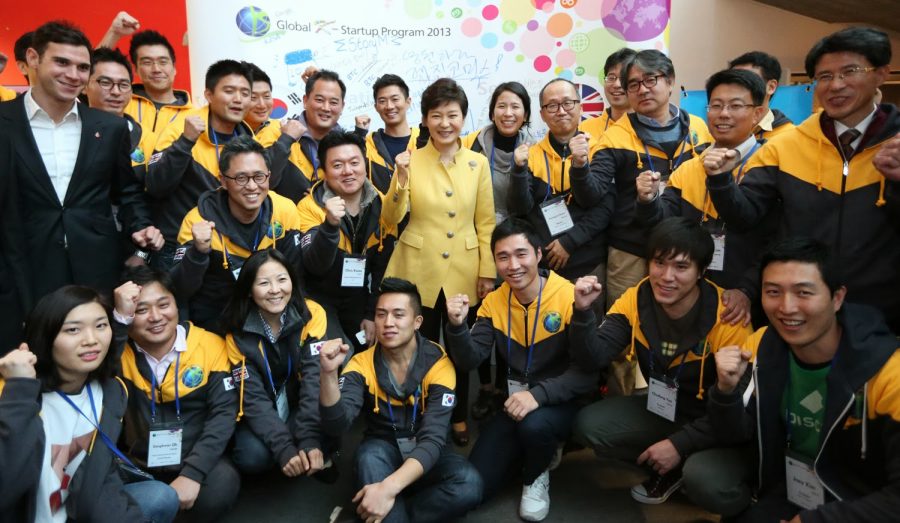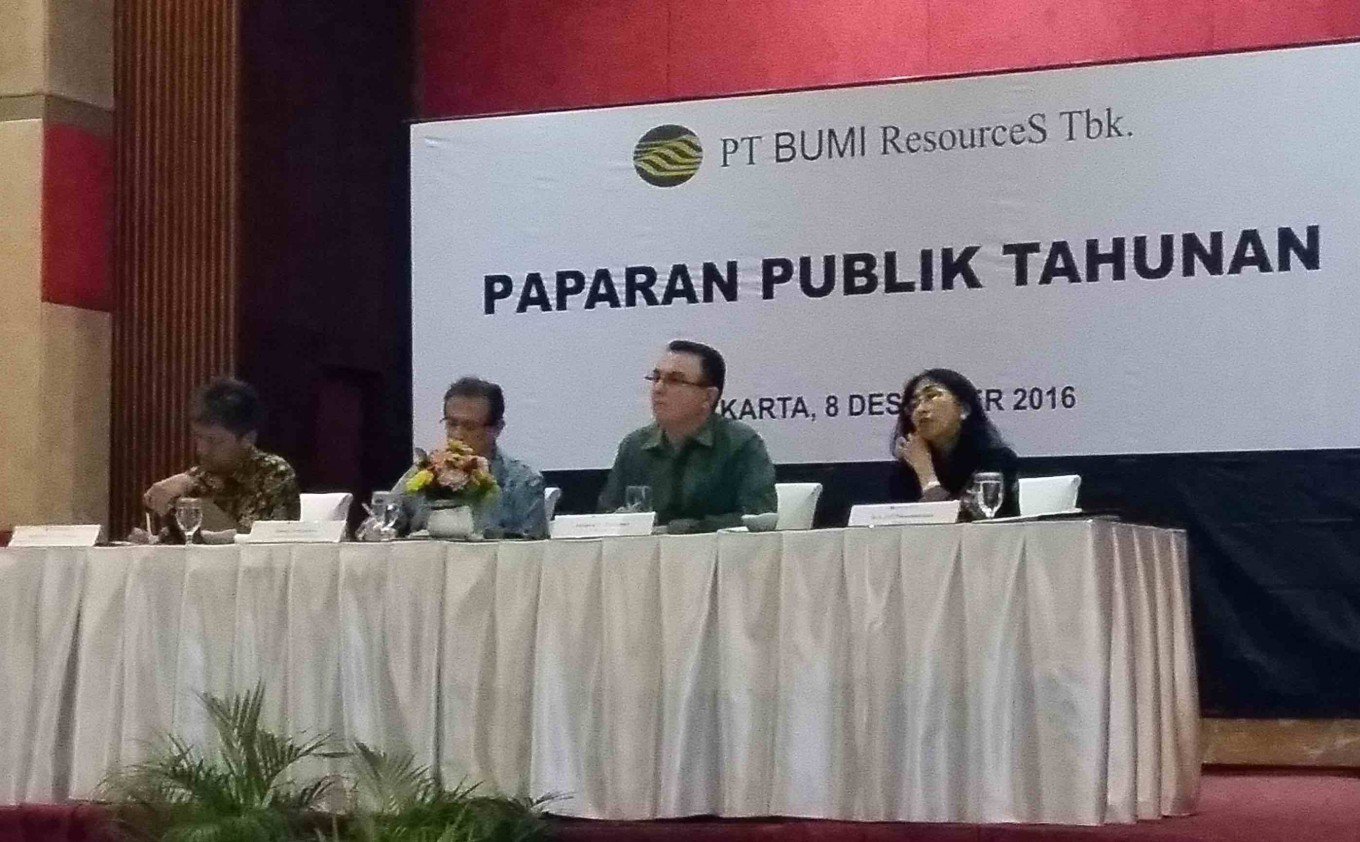Others
-

MarketersMEDIA Offers US$1.5M in PR Credits to Help Startups Manage the Coronavirus Crisis
MarketersMEDIA is offering free services in an attempt to help small and midsize businesses negatively impacted by the coronavirus,
-

Korean Soft Power launches real-time interpreter app ManTong, translating Korean into 10 different languages
The app will allow the translations of Korean into ten different languages including English, Chinese, Japanese, French, German and others.
-

VinaCapital and partners to open US$4 billion Vietnam casino project in 2019
Vietnamese real estate investment and development firm VinaCapital Group to open a US$4 billion integrated tourism and leisure destination – operate under the name Hoiana and the property’s first phase will open in early 2019.
-

Malaysian YouthsToday gets US$33,719 grant at Korean startup competition
YouthsToday.com, a platform that connects students with corporate sponsors for events has become one of the top 20 picks in K-Startup Grand Challenge, receiving US$33,719 in grant and investment.
-

Indonesian coal producer Bumi Resources to restructure debt, paring down US$ 2 billion via Preemptive Rights offering
PT Bumi Resources Tbk (BUMI) will issue new shares worth US$ 2 billion. The maneuver was carried out by Bumi Resources to repay its debt to China Investment Corporation along with eight other investors.





